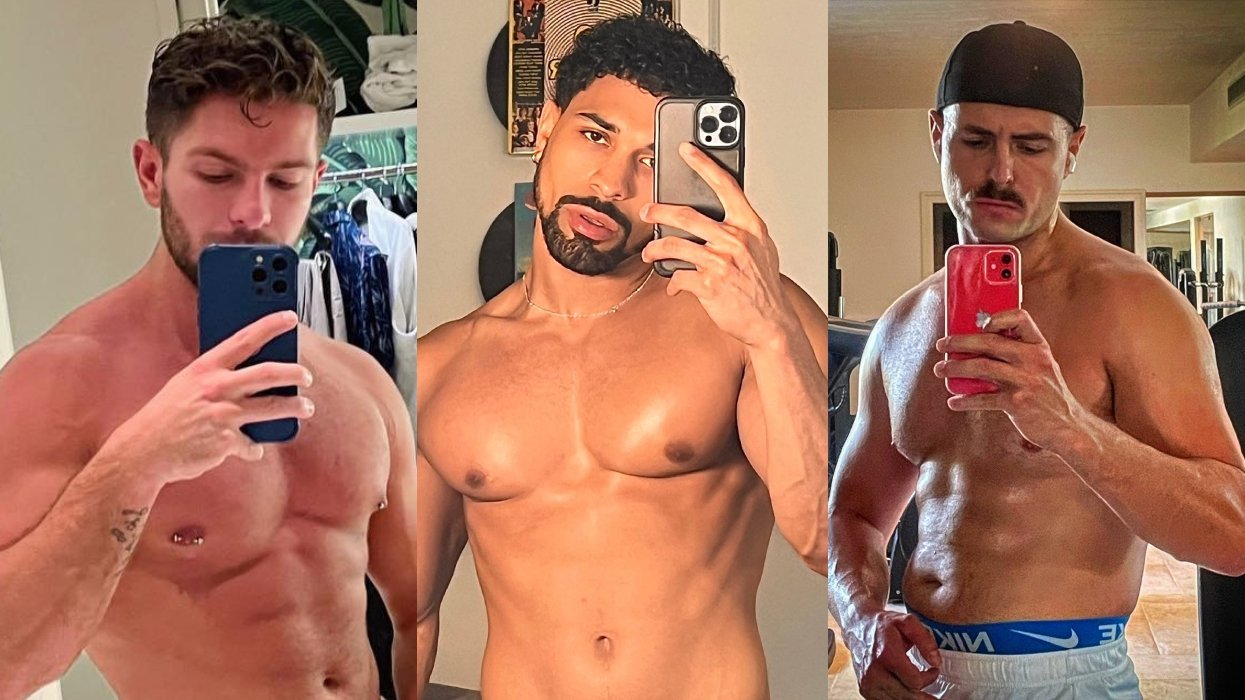Photo: Roxie.com
Published in the Journal of Applied Social Psychology on July 23, "The greatest magic of Harry Potter: Reducing prejudice" is the culmination of three studies conducted by researchers from four universities who collaborated to examine the attitudes of primary school, secondary school, and college students and how the stories of Harry Potter may have helped shape their worldviews.
Focusing on how the novels might aid readers in being more understanding and accepting of LGBT people, immigrants, refugees, and other marginalized groups, the researchers found that identification with protagonist Harry Potter--and not identifying with series antagonist Voldemort--led readers to be more tolerant of stigmatized groups such as the LGBT community.
The series, which centers around young wizard Harry Potter's journey to maturity as he thwarts the plans of dark lord Voldemort to eradicate non-magical people (muggles) and wizards and witches hailing from muggle heritage, has long trumpeted the message of acceptance. With characters including mistreated goblins, enslaved elves, and the oft-bullied half-giant, Hagrid, the series has made it clear that even in a magical world, people will always have to contend with prejudice.
Having grown up in an abusive household and coming from the muggle world, Harry is himself an outsider. As he learns about the discrimination present in what is, to him, an all-new world, he consistently does his best to understand the plights of those facing injustice and fight on their behalf. Of particular note are his strong bonds with his gay headmaster Albus Dumbledore and werewolf Remus Lupin, who is shunned from wizard society.
The paper's findings are an encouraging sign for the positive effects representation of stigmatized people in media can have on society.



















































































